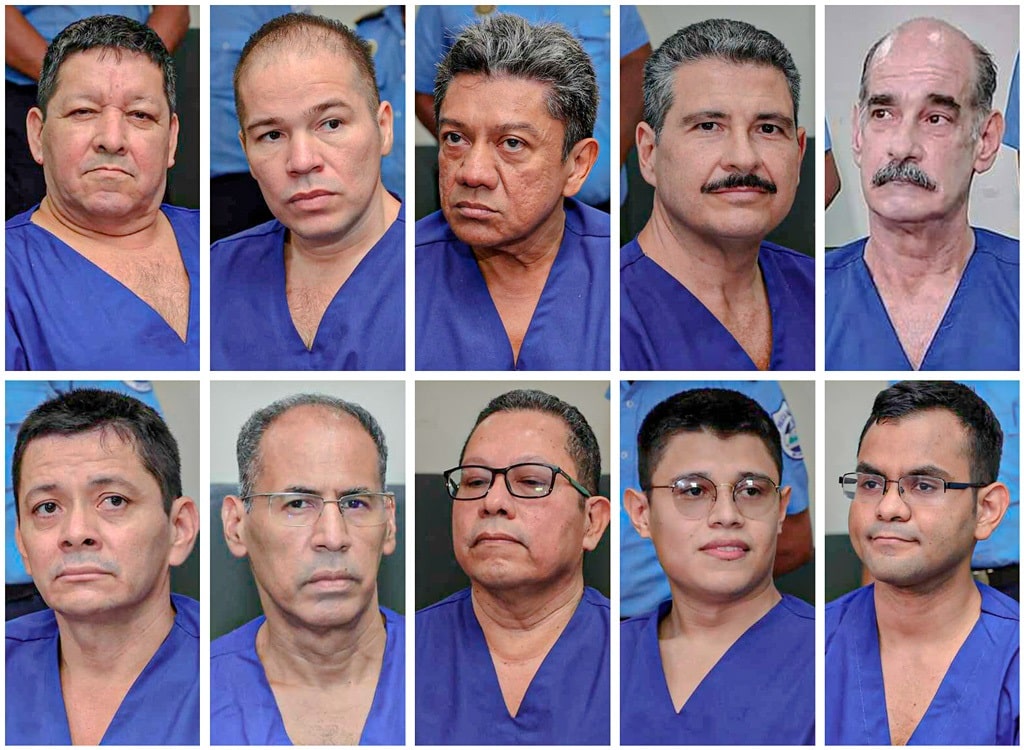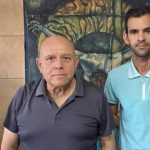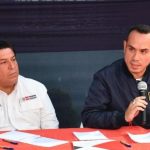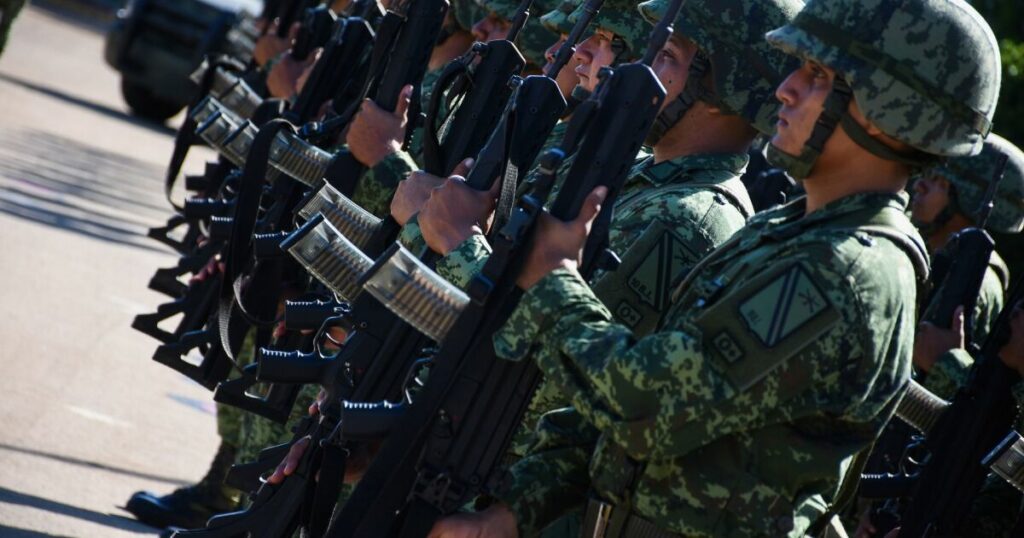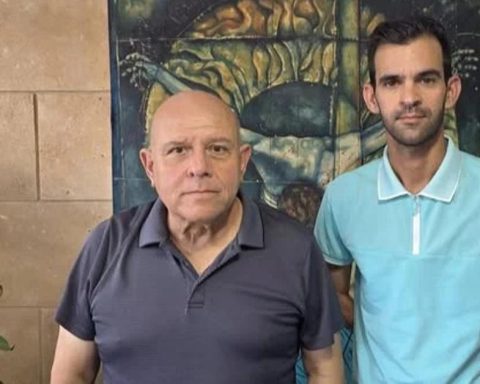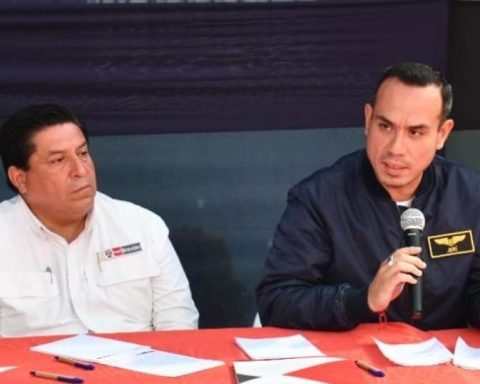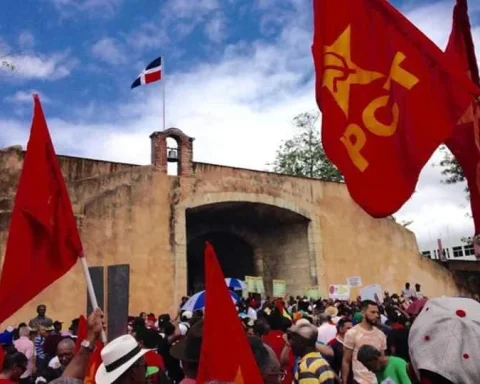The Legal Defense Unit (UDJ), which is currently handling more than 50 cases of political prisoners in Nicaragua, warned of the risk of irreparable sequelae, mental and physical disorders in prisoners of conscience, as a result of “devastating prison conditions.” imposed by the dictatorship of Daniel Ortega since last year.
The organization expressed its “deep concern” for the psychological, emotional and physical damage, after consulting forensic psychologists who analyzed the images of 27 prisoners of conscience taken to “informative hearings” in the Managua courts, between March 30 August and last September 1, who were exhibited in a situation of evident deterioration: aged, gaunt and pale.
These prisoners are incarcerated in the El Chipote police cell, designated by human rights organizations as a torture center. “For me it is alarming. There are countless ailments that we have been demanding medical attention and adequate legal medical assessments that have not been carried out and, therefore, we cannot determine the real condition (of the inmates)”, affirmed the lawyer Alexandra Salazar, member of the UDJ.
Read: “Torture is embodied in the bodies of prisoners who are isolated”
Salazar mentioned the particular situation of two prisoners of conscience and members of the political council of the opposition Blue and White National Unity (UNAB): Róger Reyes and Violeta Granera—he with psychological problems and she with dental problems—, but to whom the Authorities have not allowed any kind of specialized care.
According to independent records, in Nicaragua there are 205 prisoners of conscience; More than 60 of them were arrested between May and November 2021 in the so-called repressive escalation when the regime eliminated electoral competition and spread fear to guarantee Ortega’s re-election, which was considered “illegitimate” by the Organization of American States. (OAS). At least a dozen of the inmates are under the figure of “house by jail”.
Forensic observations
According to a statement recently published on UDJ’s social networks, contrary to the view that it was a “proof of life” that the Police and the Judiciary tried to give to the political prisoners of El Chipote, what was actually shown was the precarious conditions to which they are subjected and the deterioration of their physical and mental health.
“This is confirmed by their generalized paleness with redness and dryness in the skin of their faces and arms, sustained and lost looks; a body disproportion secondary to sudden and prolonged weight loss (prominent heads and ears, prominent cheekbones, dark circles and redness around the eyes and loss of muscle mass) as well as difficulty walking are observed in some of the people ”, detailed the UDJ statement.
The State must respect the fundamental rights of political prisoners, their human dignity, personal integrity and respect for the guarantees of due process. From UDJ we demand the cessation of torture, cruel, inhuman and/or degrading treatment and punishment. pic.twitter.com/XGXflfMUzs
– UDJ Nicaragua (@NicaraguaUdj) September 9, 2022
According to the UDJ, it has been possible to identify various practices carried out by the Directorate of Judicial Assistance—whose headquarters in Managua is El Chipote—, which are focused on the total or partial restriction of incentives to political prisoners, applied with the goal of achieving “sensory suppression.”
Also: Ten political prisoners from El Chipote continue without the right to see their children
“This (sensory) suppression can lead to the affectation of the psychological functioning of political prisoners and depress their immune systems, generating alterations and somatic expressions at the level of the sensory organs such as decrease or loss of vision, hearing and smell,” he added. the pronouncement.
Among the practices of the police authorities, denounced by the UDJ, are:
- “They keep political prisoners in dark cells or with the light on all day. The space is humid, with mosquitoes and scorpions. They are also deprived of sunlight.
- “They cannot communicate with each other. Zero blankets, pillows, they control their food intake and drinks that their relatives bring them. They are denied toiletries.
- “Some of the political prisoners have been put in punishment cells with these dimensions: 2×2 meters and 4×4 meters, or bolted cells and/or isolation.
- “Affective deprivation with their loved ones: father-mother-son-daughter, which leads to emotional instability.
- “They are not allowed recreational activities either, no reading and that causes muscle tension, low back pain and other ailments, according to their relatives, in addition to anxiety, importance and uncertainty.
- “They are stigmatized by the official media.”
